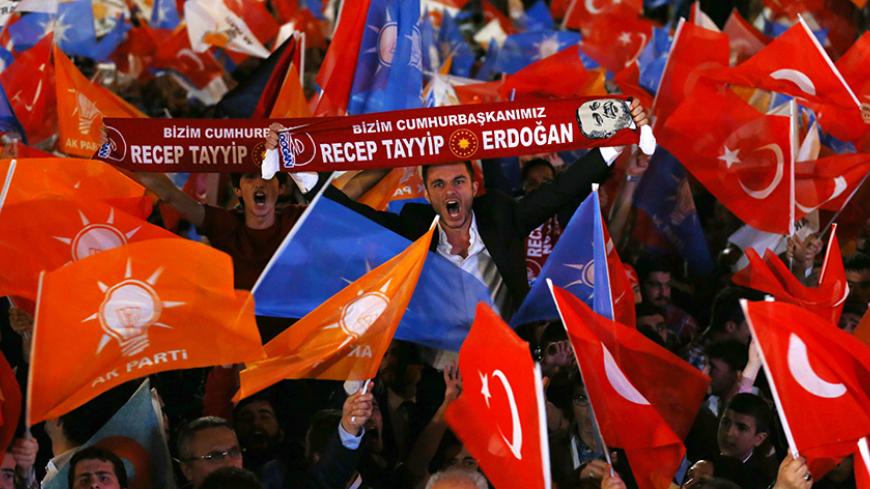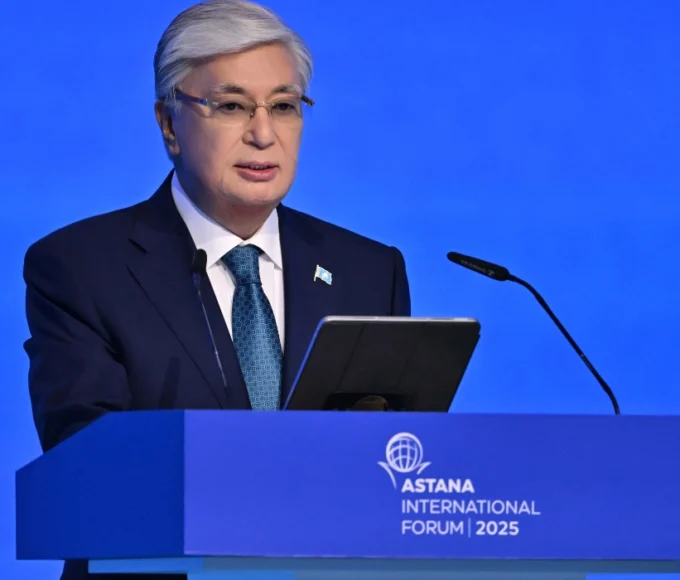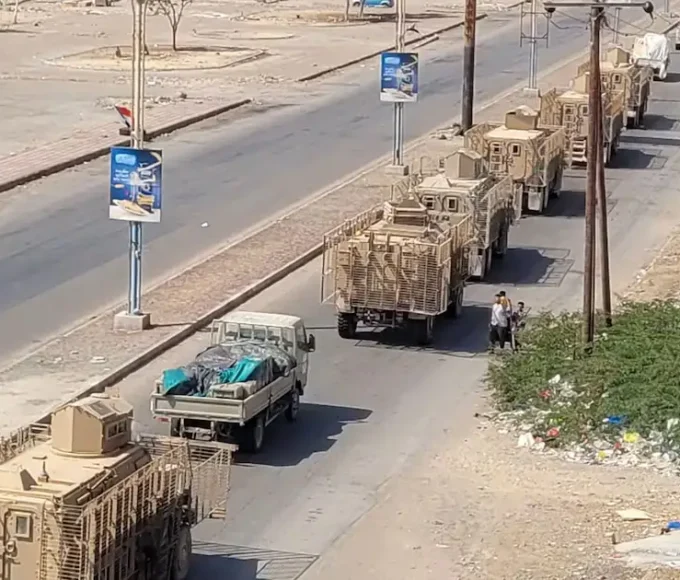In this book, Toni Alaranta, a Finnish researcher specializing in Turkish foreign policy, focuses on the narratives of foreign policy in Turkey in a period witnessing “Global Power Shifts”. Its objective is to offer a study of the “foreign policy landscape”. The author analyzes how this change fits into the Turkish foreign policy narrative, drawing on what he calls the “post-Kemalist paradigm” of recent decades. This is illustrated by the coming to power of the Justice and Development Party (AKP) in 2002 and of President Recep Tayyip Erdoğan, whose presidential room for maneuver was reinforced following the constitutional referendum of 2017, a period representing the erosion of relations with the West. Turkey’s foreign policy, reputed to be “aligned with the West” in the 20th century, has changed radically, due to the Global Power Shifts, which are consistent with a context of growing international conflict, in which the old alliances are “shaken up” and a new world is settling in with the economic emergence of China. Turkey considers that these changes can bring it multiple opportunities.
The author affirms that the different narratives proposed by the nationalists and the Islamo-conservatives confront each other, although these narratives express a dissatisfaction with the current international order. There remains an internal power struggle between these different narratives, symbol of a country fighting for the construction of its identity and its state legitimacy, still troubled by European interference within the Ottoman Empire in the 19th century and the end of the First World War. It is necessary to underline the malevolence of the external powers to create an adversary and feed the story. Nationalists and Islamo-conservatives agree in characterizing the series of modernizing Ottoman and Kemalist reforms as external pressure from the Western international system to remove the Islamic socio-political order from the Ottoman Empire. Atatürk’s modernization project, also described as defensive modernization for its neutrality and non-interventionism abroad, is seen as a Westernization process that subsequently entered the liberal international scene during the last century. The consequences of the Global Power Shifts reduce the influence of the defensive modernization narrative to be overwhelmed by an “expansionist Islamic agenda” that adopts the same codes and precepts as that of the Western liberal international order.
According to Toni Alaranta, a radical change in the official narrative of Turkish national history has taken place regarding the modernization and westernization of the Ottoman Empire and the Republic of Turkey. Considered necessary and beneficial until the arrival of the AKP, they were then considered to be negative and superficial by many political currents. During the first decade in power, the AKP adopted the liberal values of freedom, rights and civil society in order to fit into the international liberal order and criticize the Kemalists. Subsequently, this dynamic faded to make the West a symbolic enemy. As the author shows, Erdoğan has adopted a foreign policy that goes hand in hand with his domestic policy, which tries to portray Turkey as a leading nation of Islamic civilization while imbuing the country with the vocabulary of political Islam. This is part of a deep critical and hostile questioning of the pro-Western alignment that Turkey may have had before. The conclusion of the book explains to us that Erdoğan’s speech aims to delegitimize the current international order and to blame the West for all the problems that remain in the Middle East. The “Western liberal international order” narrative is rejected and not idealized because of the violence and damage caused by the United States during its “hegemony”. The Turkish narrative denounces US imperialism, but does not offer a new description of what the international order should be and does not place China and Russia as nations to which we must absolutely side. However, the author recalls that Turkey’s proactive foreign policy is limited by economic dependencies on its European partners, although the narrative remains revisionist on this point.
This work is essential for understanding the historical, political and societal evolution of the Turkish foreign policy narrative, ranging from the Kemalist period to the AKP’s Islamic-conservative state project. This book gives us the keys to grasp the political realism of Turkish diplomacy and the development of its multi-alignment over recent years marked by the Global Power Shifts. We observe this with Turkey’s role as mediator in the war in Ukraine, its increasingly important presence in Africa and the recent normalization processes begun in the Middle East, illustrating in fact that Turkey wishes to move forward alone and not not refer to a particular “camp”. Islamo-conservatives want the narrative to affirm Turkey as an emerging power capable of being an autonomous leader.
This article is originally published on defnat.com








